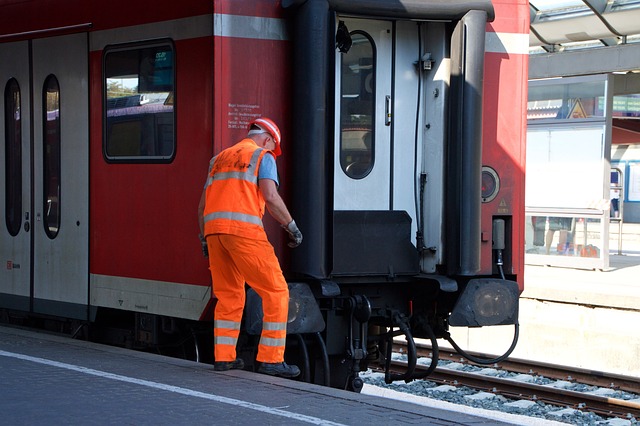
In previous posts, we have discussed the link between railroad exposures and hematopoietic cancers such as Acute Myeloid Leukemia (AML), Acute Non-Lymphocytic Leukemia (ANLL), and Non-Hodgkin’s Lymphoma (NHL). Research has shown that exposure to benzene is strongly associated with these diseases. Benzene is classified as a group 1 carcinogen (a cancer-causing substance) and a chemical component found in diesel fumes/exhaust, which many railroad workers were exposed to on a regular basis. The International Agency for Research on Cancer (IARC) has acknowledged that benzene causes AML and ANLL.
A lesser-known hematopoietic cancer, Multiple Myeloma, has also been linked to benzene exposure. Multiple Myeloma is a cancer that forms in a type of white blood cell called a plasma cell. Healthy plasma cells help you fight infections by making antibodies that recognize and attack germs.
With Multiple Myeloma, cancerous plasma cells accumulate in the bone marrow and crowd out healthy blood cells. Cells in nearly any part of the body can become cancer, and can spread to other areas.
In 1977, the National Institute for Occupational Safety and Health (NIOSH) published the results of an epidemiologic study of 459 benzene exposed workers from 1940 through 1975. That study showed that the risk of developing Multiple Myeloma was more than four times greater in the exposed workforce than in the general population, which is statistically significant.
Subsequent studies have provided adequate epidemiologic support to conclude that a causal relationship exists between occupational exposure to benzene and the development of Multiple Myeloma, which has been officially acknowledged by IARC. Epidemiologic literature also shows that exposure to pesticides and solvents, both of which were commonly used on the railroad, can also increase a person’s risk of developing Multiple Myeloma.
Occupational exposures associated with Multiple Myeloma were often encountered by workers in many different railroad jobs including engineers, firemen, conductors, brakemen, carmen, trackmen, machine operators, machinists, mechanics, pipefitters, electricians, welders, laborers, signal maintainers, bridge and building workers, yardmasters, and clerks. If you or a loved one worked for the railroad and have developed cancer, please contact us to discuss your exposures and let us help you determine if you have a claim.





